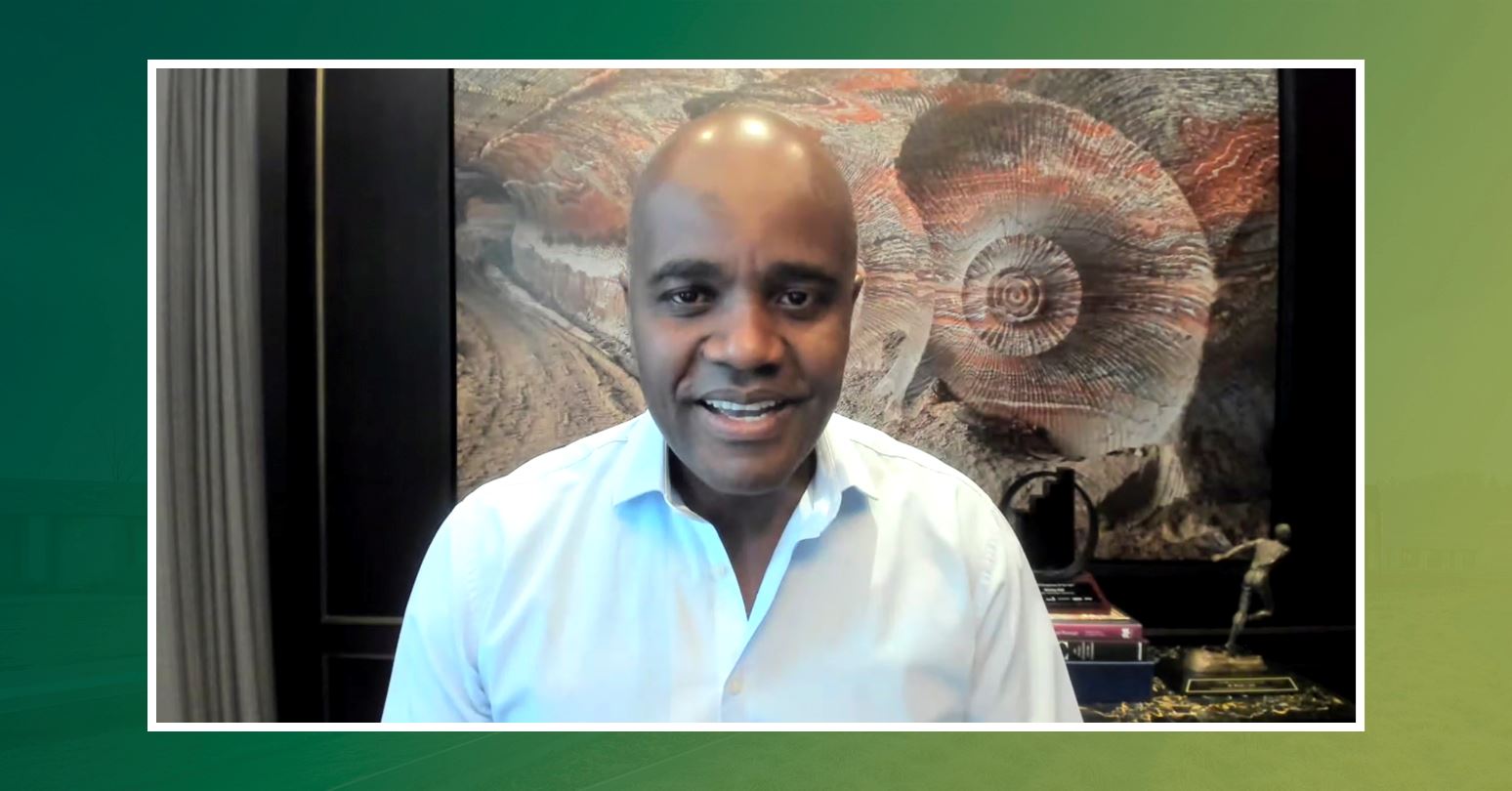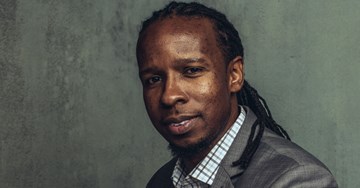When Wes Hall watched the video of the killing of George Floyd at the hands of a Minneapolis police officer, it changed his life. He said he couldn’t unsee the image and knew he had to take action. It was time to help put an end to the pervasive, systemic racism experienced by Floyd, and countless other Black, Indigenous, and People of Colour (BIPOC) individuals every day, including Hall himself.
Hall began by writing a raw and powerful op-ed in The Globe and Mail calling on society, especially those with influence, to put an end to the anti-Black racism that he said “has been allowed to continue for more than 400 years, since the establishment of slavery on this continent.” For anyone thinking Hall is referring to solely an American problem, you only need to ask Black Canadians if they have experienced racism. Sadly, the likelihood is that you might need to take a chair and get comfortable; you are going to be a while.
Although Hall is the Executive Chairman and Founder of Kingsdale Advisors and considered to be one of Canada’s most influential business leaders, he recounted several of his own racist experiences to Ivey’s HBA1 students during the Ian O. Ihnatowycz Institute for Leadership’s 8th annual Leader Character & Candour Conference. Experiences such as:
- Being handed $20 and asked to valet someone’s car when he was entering a hotel to have lunch with a client;
- Having a criminal defence lawyer pass him his business card, “in case he ever needed one,” after the lawyer saw Hall pull into a Bay Street parking garage in his Ferrari; or,
- Being out jogging and questioning whether he should stop to help an elderly white lady who had fallen because someone might interpret a Black man standing over her incorrectly and he wasn’t carrying ID.
“We [Black individuals] have to think twice and differently than other Canadians because we aren’t treated the same way, no matter how high we have climbed up the corporate ladder,” he said.
Hall said he knew that for change to happen, society needed more than the generic statements issued by leaders in the public, private, and not-for-profit sectors in response to the groundswell activism galvanized by the Black Lives Matter protests. These leaders’ statements often claimed they would not tolerate racism in their organizations.
“Well, of course they don’t tolerate it, but they didn’t say what they were going to do about it,” Hall said.
So, Hall decided to do something himself. He organized a coalition of Canadian business leaders to challenge and end systemic racism. The group’s program, the BlackNorth Initiative, asks corporate leaders across Canada to pledge their organizations to policies and specific targets to eradicate racism.
Remembering where you came from
Before Hall discussed his current efforts and hopes for the future, he opened his keynote address by sharing a picture from his past. In it, Hall, along with his grandmother and two other individuals, were standing outside a tin shack that was propped up on stilts so the flood waters from a nearby river could pass underneath. This was the house where Hall grew up in rural Jamaica. The framed image sits in a prominent place on the desk of his Bay Street office as a constant reminder of where he came from. In 2014, when a journalist came to write a story on him for The Globe and Mail’s Report on Business, it was one of the first things he was asked about.
“Some think ‘wow, that is vulnerable’ for me to share that picture – but that’s candour. I am being true to who I am, where I came from. I am not going to hide it,” Hall said.
He encouraged those students who might also come from underprivileged backgrounds to be proud of where they came from because that is what makes them unique and can set them apart.
The role of leadership in social problems
Hall went on to discuss the importance of leader character and its impact on society, using the BlackNorth Initiative as an example of how leadership can be used to address systemic racism.
“I have influence as a leader… I’m part of the solution. And if I don't get involved, I'm a part of the problem,” said Hall. “If we put all our influences together, we can get a lot done in a very short period of time.”
When creating the BlackNorth Initiative, Hall said he was inspired by the response to the COVID-19 pandemic where leaders showed courage and were willing to move out of their comfort zone and work collectively.
“When we think about COVID and the massive effect that it has on the global economy, there is only one way we are going to be able to solve it. We have to work collectively. We have to share our resources … We have to do things that make us uncomfortable, like shut our businesses down …, stay in our homes. We have to use the same kind of approach to solve this other global pandemic, which is systemic racism,” he said. “The BlackNorth Initiative is a principles-based document. It’s about CEOs saying, on principle, I’m going to do these things as a leader and I’m going to take leadership in this regard. I’m not just going to write a cheque and hope the problem goes away.”
Hall said tackling systemic racism requires a co-operative approach where all organizations from the public, private, and not-for-profit sectors consider reforms. Some examples include revising curriculums in schools to better showcase the contributions of the Black community or creating specific targets related to hiring Black people.
“When I think about this issue of systemic racism, or protecting our planet – all of these different things – we need people to say this is the direction that we are going to go in and do so with conviction,” he said. “I encourage you, early in your career, to think about how you can change lives. Not only how you can change business, but how you can change lives, because that is what will make you a better business person and a better human being.”



